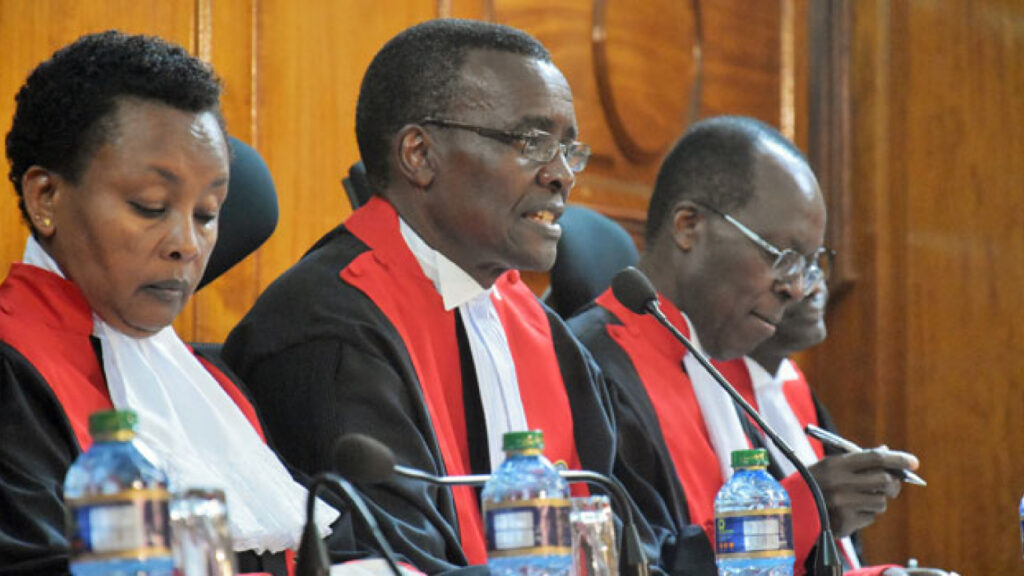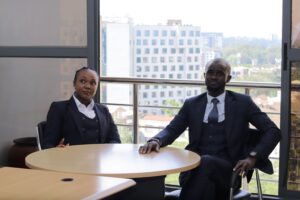Analysis of SCORK Petition No. 3 of 2018 Mitu-Bell Welfare v The Kenya Airports Authority & 2
Others (Maraga, Mwilu, Ibrahim, Wanjala, Njoki, SCJJ.) by Calystus Kisaka
Interim or Partial Judgment.
This judgment is significant, inter alia, in so far as it addresses the issue of partial judgment.
This Petition at the Supreme Court emanated from the judgment of the Court of Appeal (Githinji, Karanja, Otieno-Odek, JJA) made in 2016. The Court of Appeal castigated the approach of the High Court of rendering a judgment and reserving some issues to be determined at a later stage. The Supreme Court took issue with this position taken by the Court of Appeal and held that a court of law can grant a structural interdict also known as continuing mandamus also known as supervisory orders in appropriate cases for the enforcement of human rights pursuant to Article 23(3) of the Constitution.
It is noteworthy that the Judgment of the Supreme Court is not a carte blanche dismissal of the functus officio doctrine in the event where a court has rendered a judgment. The Supreme Court acknowledged that the principle is vital in majority of the civil and criminal cases and would only give way in certain cases to be determined based on the circumstances of the case.
Facts of the Case:
The residents of informal settlements known as Mitumba village next to Wilson Airport were uprooted from their habitation by the Government, on grounds that their settlements lay on the flight path to Wilson Airport, thus posing danger to the security of the public and air travelers by depositing unregulated garbage that would then attract birds which could bring down aircrafts.
The Salient Features of the Judgment
The following are essential raison d’etre of the said judgment as may be gleaned from the entire judgment:
- Article 23 (3) of the Constitution empowers the High Court to fashion appropriate reliefs, even of an interim nature, in specific cases, so as to redress the violation of a fundamental right.
- Interim reliefs, structural interdicts, supervisory orders or any other orders that may be issued by the Courts, have to be specific, appropriate, clear, effective, and directed at the parties to the suit or any other State Agency vested with a Constitutional or statutory mandate to enforce the order.
- Where necessary, a court of law may indicate that the orders it is issuing, are interim in nature, and that the final judgment shall await the crystallization of certain actions.
- Article 20 (5) clearly empowers a Court or tribunal, presiding over a dispute, in
- which the petitioners are claiming that the State, has either neglected, or failed in its responsibility to effectuate a socio-economic right, to demand evidence that would exonerate the latter from liability. How would a Court exercise its powers under this Article? By issuing interim Orders to that effect.
- The words general rules of international law in Article 2 (5) of the Constitution refer to customary international norms, including jus cogens.
- U.N Guidelines, Comment No. 7 constitute what is called in international jurisprudence, Soft Law. The High Court properly referred to them as an aid in fashioning appropriate reliefs during the eviction of the Mitubell residents.
- An illegal occupation of private land, cannot create prescriptive rights over that land in favour of the occupants
- Where the landless occupy public land and establish homes thereon, they acquire not title to the land, but a protectable right to housing over the sam










